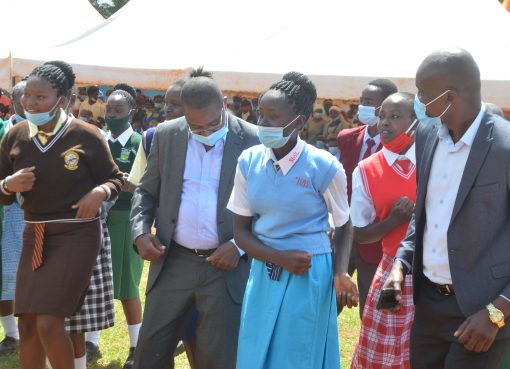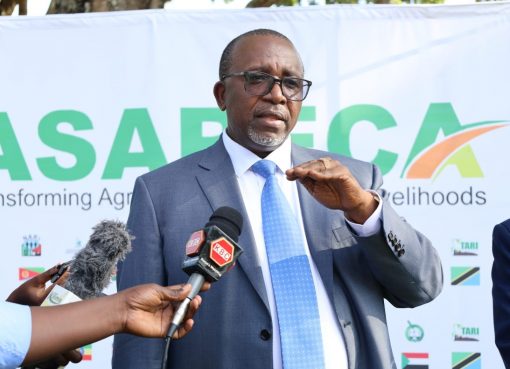The Principal Secretary (PS) for the State Department for Petroleum, Mohammed Liban, has disclosed plans on the Liquefied Petroleum Gas (LPG) growth strategy for the school.
The PS said the State Department had advertised for approximately 20 schools countrywide in the past week, as part of a pilot project to assess the feasibility of transitioning schools currently reliant on firewood to LPG usage.

This strategic initiative, he said, aligns with efforts to promote cleaner and more sustainable energy sources, thereby, reducing environmental impact and improving health and safety standards, within educational institutions and their environs.
Speaking at Travellers Beach Resort, Mombasa, where he spearheaded a three-week training on Geographic Information Systems (GIS) and Remote Sensing Training Workshop for the Department’s Technical Staff, Liban said that from the analysis of about 7,000 schools, approximately 97 per cent of them are using firewood, which means cutting down trees and degradation, which is not in line with the Climate Environmental Safety.
The workshop focused on capacity building to enhance the efficiency and effectiveness of the Department’s operations. By equipping the staff with advanced skills in GIS and Remote Sensing, the initiative aims to empower them to leverage cutting-edge technology, for improved decision-making processes and streamlined operations within the Petroleum sector.
“As a State Department, GIS and Remote Sensing are very crucial to our operations. The training you are going through will be critical in supporting our cross-sector interactions towards creating an understanding of the relative importance of various elements, even as we seek to optimise the use of our natural resources.” Liban said.
He emphasised that the Department, overseen by its Human Resource Manager, organises comprehensive training programmes across all cadres, to ensure no gaps in their service delivery and that their skills are refreshed and sharpened.
PS added that the Department’s visibility is in great progress, as he highlighted that the Energy and Petroleum Regulatory Authority (EPRA), remains engaged in finalising the Department’s Field Development Plan.
Upon completion, he said, the Report will undergo review by the CS within a one-month timeframe, before its submission to Parliament for ratification. Once it is approved, the Department will proceed with a one-year Final Investment Decision (FID) Phase, followed by the commencement of production activities.
“We are on the right track that we are fully prepared in terms of capacity building, because we are working to ensure that our staff are well trained and well-focused, so that when we go to production, we will be able to meet our objectives as a team,” he added.
He noted that he expects the facilitators to explore with the staff the complexities of applying the use of GIS in Asset Management, terrain stability assessment, automation for mapping and visualisation, as well as cost efficiency in optimising GIS in their operations.
PS said that vast knowledge of the use of GIS will put the Department in a vantage position to handle a huge amount of spatial data and information in the exploration, production, and transportation of petroleum as well as natural resource management.
Liban added that the application of Remote Sensing, in combination with GIS, will propel their operations towards sustainable exploitation of natural resources for social and economic development and conservation.
PS said that GIS and Remote Sensing are very crucial to identifying the filling station because, according to EPRA, there are 136 licensed filling stations.
“If the data is put under GIS together with the schools and the petrol stations, then they will be able to effectively enhance the safety and security of their products,” added Liban.
By Fatma Said




